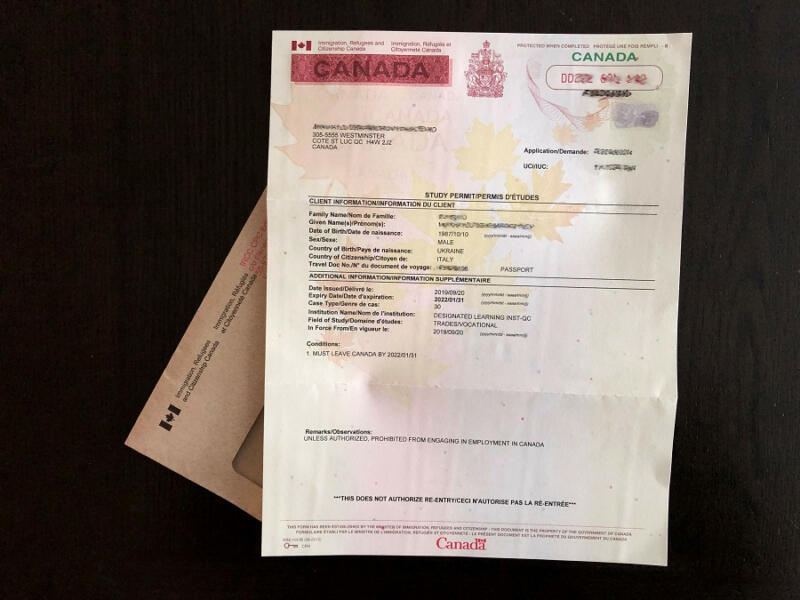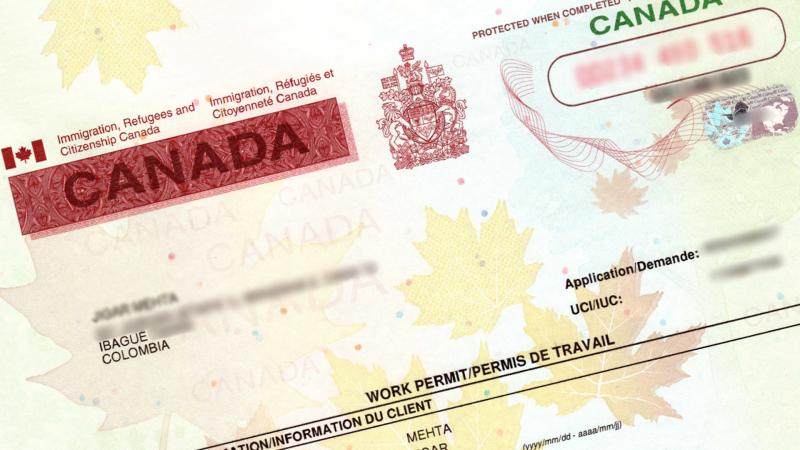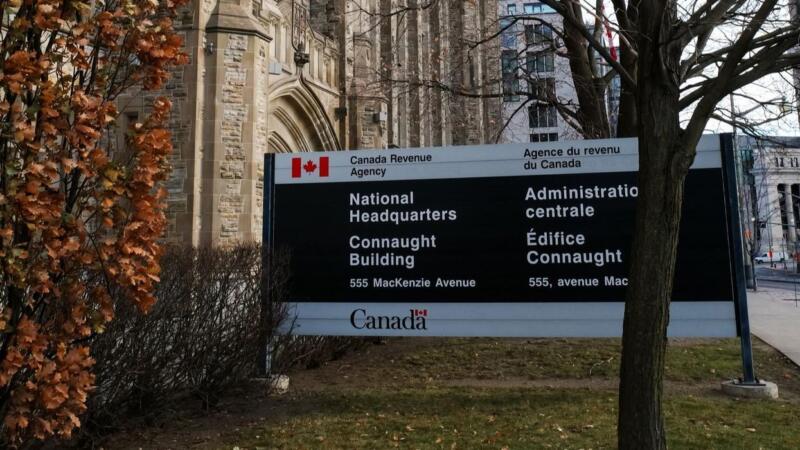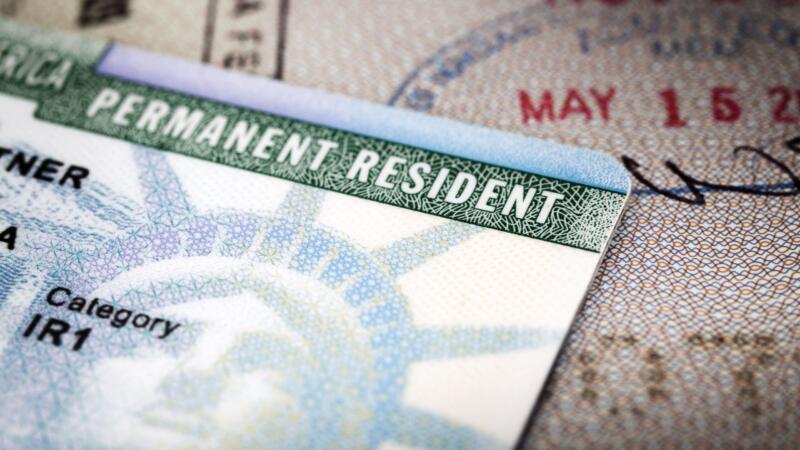International students studying in Canada can apply for permanent residence status while learning in Canada or after the conclusion of their studies from their study course. There are several choices for international students in Canada who desire to become permanent residents, given they satisfy the conditions and qualifications of the course they are applying for.
International students are not assured of obtaining permanent residence after graduation in Canada. Hence, they can enhance their prospects by getting ready on time and learning about what they require to be qualified for the different immigration routes. Canada provides several permanent residence routes to international students due to research that has disclosed that individuals with education in Canada tend to be successful in Canada’s employment market.
These students are viewed as a pledging pool of experienced people that can be utilized to deal with labor market requirements in Canada. Furthermore, employers in Canada treasure the local schooling and employment skills that international students acquire in Canada. After graduating from school in Canada, several international students apply for a post-graduate work permit. The Post-Graduation Work Permit offers international students an open work permit to get hired almost anywhere and for nearly any employer in Canada. Students may be qualified for a Post Graduation Work Permit if they:
- Concluded studies in an educational, professional, or vocational training course at least eight months at a qualified Designated Learning institution list. The study course is required to result in a degree or certificate.
- Held full-time student status in Canada at the time of every educational session of the course or course of study concluded and attached as an aspect of their post-graduation work permit request.
- Obtained a transcript and an official letter from a qualified designated learning institution verifying that the candidate has satisfied the conditions to conclude their course of study.
The advantages of the Post Graduation Work Permit are that it allows international students to obtain Canadian work skills that make the student qualified for PR and make them additionally competitive applicants for immigration in Canada, as several routes grant applicants with work skills in Canada.
Table of Contents
Express Entry
Express Entry is an application management system that oversees three federal skilled worker immigration programs: the Canadian Experience Class, the Federal Skilled Worker Program, and the Federal Skilled Trades Program.
The Canadian Experience Class is a PR route for applicants hired in Canada. It is a well-known choice for international students who have acquired work experience in Canada. To be qualified for the Canadian Experience Class, an applicant is required to satisfy the following measures:
Should you find this piece engaging, we kindly invite you to explore the wealth of content in our other articles:
- Have acquired a minimum of 12 months of skilled, vocational, or technical job skills in Canada within three years of the date of application.
- Satisfy or exceed a Canadian Language Benchmark of 5 for NOC TEER class 2 or 3 employments or a Canadian Language Benchmark of 7 for NOC TEER class 0 or 1 employments.
- Intend to settle and get employed outside of the region of Quebec as the people with job skills in Quebec and who intend to settle in Quebec may make an application to the Quebec Experience Class.
If you are qualified for one of the programs, you can upload a profile onto the Immigration, Refugee, and Citizenship Canada webpage. Applicants obtain Comprehensive Ranking System scores according to age, education, work skills, and language capacity. The individuals with the highest scores are requested to make an application for PR. Applicants who have concluded a study program in Canada or have job skills in Canada acquire more Comprehensive Ranking System points, raising their prospects of obtaining PR.
Provincial Nominee Programs
Almost every region and territory in Canada employ the provincial Nominee Program. The Provincial Nominee Program permits the regions and territories to assign people who desire to relocate to Canada and are interested in living in a particular region. Several Provincial Nominee Program stream grant applicants who have studied and been employed in Canada.
Quebec Experience Program
An applicant who has studied in Quebec and wants to live in the region permanently may be qualified for relocation under the Quebec Experience Program. The Quebec Experience Program offers a quick-track route for international graduates and people with work skills in Quebec to acquire a Quebec Selection Certificate, a compulsory stage towards PR provided by the national administration.
International students who have studied in Quebec may be qualified to make an application for a CSQ under the Quebec Experience Program if they:
- Indicate a plan to live in Quebec to hold employment.
- Have lived temporarily in Quebec with the intention of study
- Have acquired a qualified certification from an academic organization identified by the Quebec Ministry of Education within the previous three years.
- Have studied in Quebec for at least two years.
- Has a master’s, bachelor’s, or DEC diploma and one year of job skills in a 0, A, or B level employment and to have such jobs at the application period.
- Has a DEP and has 18 months of employment skills in a 0, A, B, or C level employment and needed to hold such employment at the time of application. However, remember that C-level work must be associated with the program.
Applicants must indicate that they have a level of skills in the French language to be eligible for the Quebec Experience Program.
Additional Permanent Residence Route Choices
The Atlantic Immigration Program is a choice for students who have studied in Nova Scotia, Prince Edward Island, New Brunswick, Newfoundland, and Labrador.
Comparably, the Rural Northern Immigration Pilot provides PR to international students who settle in partaking rural and northern societies all over Canada. Another alternative is for Hong Kong residents since Canada provides two PR routes for Hong Kong residents who studied in Canada.






